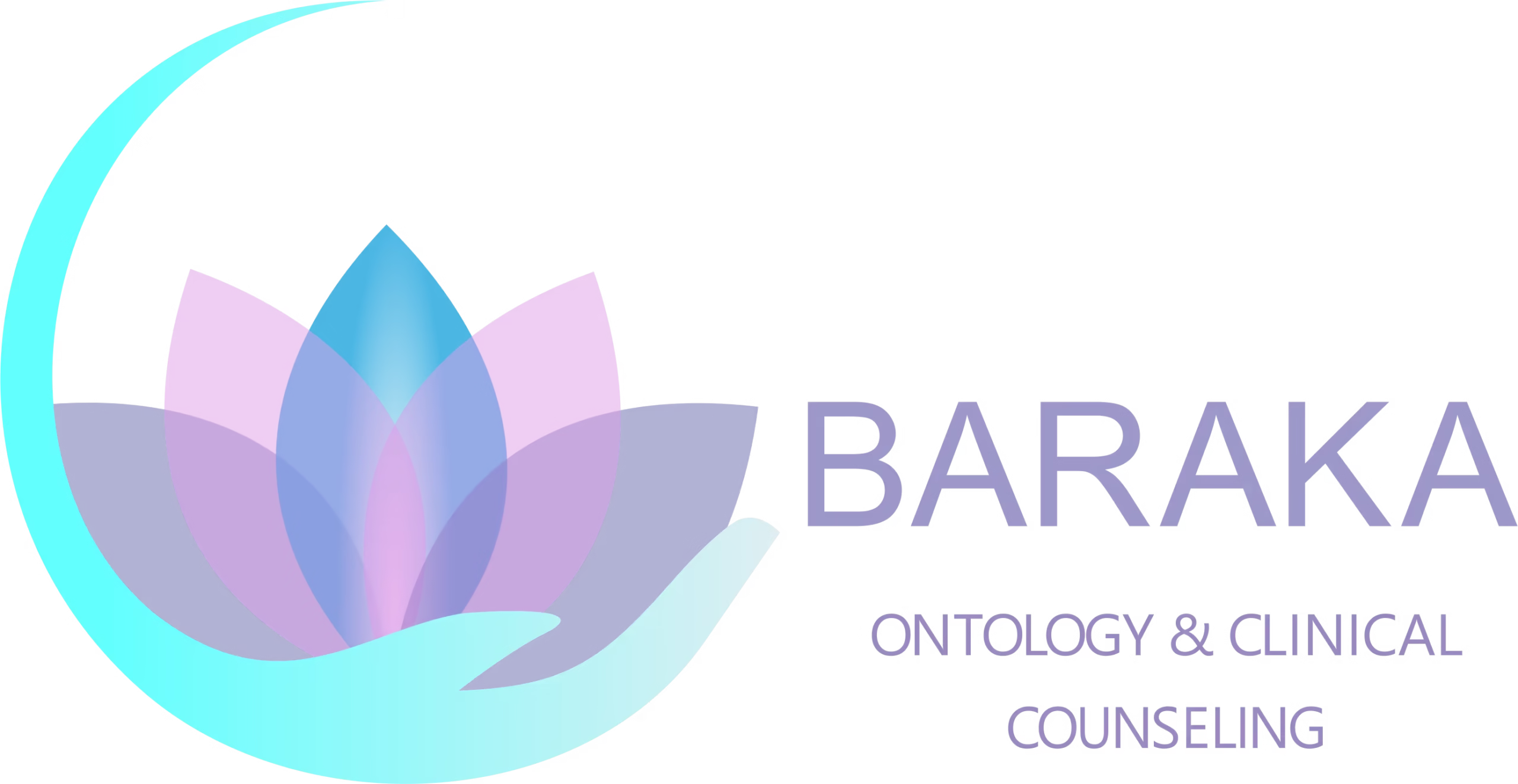In this article, we’ll explore the differences between couples therapy and individual counseling, helping you decide which might be more suitable for you and your relationship.
Couples therapy, also known as relationship therapy or couples counseling, involves both partners attending sessions together with a therapist. The primary goal is to address issues within the relationship and improve communication between partners.

Couples therapy typically involves structured sessions where both partners are encouraged to express their feelings and concerns. The therapist acts as a mediator, facilitating healthy communication and helping the couple navigate through their issues. By creating a safe space, therapy allows couples to explore underlying problems without fear of judgment or escalation.
Therapists often use various techniques, such as role-playing and guided discussions, to help couples understand each other’s perspectives. This approach can dismantle barriers that have built up over time and promote empathy and understanding. The goal is not only to resolve current conflicts but also to equip couples with tools to handle future disagreements constructively.
- Improved Communication: One of the main focuses of couples therapy is to help partners communicate more effectively. This can lead to a better understanding of each other’s needs and emotions. Effective communication reduces misunderstandings and fosters a more harmonious relationship.
- Conflict Resolution: With the guidance of a therapist, couples can learn healthy ways to resolve conflicts and disagreements. This can prevent issues from escalating and becoming more significant problems. Learning to argue constructively can transform conflicts into opportunities for growth.
- Strengthened Relationship: Couples therapy can help partners reconnect and strengthen their emotional bond. It can also provide tools to help maintain a healthy relationship long-term. By fostering trust and intimacy, therapy can reinvigorate the relationship, bringing back passion and commitment.
- Addressing Specific Issues: Whether it’s infidelity, financial disagreements, or parenting conflicts, couples therapy can provide a safe space to address and work through specific issues. Addressing these issues head-on can prevent them from becoming entrenched, allowing the relationship to move forward positively.
Couples therapy may be a good fit if:
- Improved Communication: One of the main focuses of couples therapy is to help partners communicate more effectively. This can lead to a better understanding of each other’s needs and emotions. Effective communication reduces misunderstandings and fosters a more harmonious relationship.
- Conflict Resolution: With the guidance of a therapist, couples can learn healthy ways to resolve conflicts and disagreements. This can prevent issues from escalating and becoming more significant problems. Learning to argue constructively can transform conflicts into opportunities for growth.
- Strengthened Relationship: Couples therapy can help partners reconnect and strengthen their emotional bond. It can also provide tools to help maintain a healthy relationship long-term. By fostering trust and intimacy, therapy can reinvigorate the relationship, bringing back passion and commitment.
- Addressing Specific Issues: Whether it’s infidelity, financial disagreements, or parenting conflicts, couples therapy can provide a safe space to address and work through specific issues. Addressing these issues head-on can prevent them from becoming entrenched, allowing the relationship to move forward positively.
Couples therapy may be a good fit if:
Willingness to Engage: Both partners are willing to attend sessions and work on the relationship. Mutual commitment is crucial for therapy to be effective. Without both partners’ active participation, progress may be limited.
Specific Relationship Issues: There are specific issues within the relationship that need addressing. Therapy can offer a focused approach to tackle these challenges

Individual counseling is a deeply personal journey that focuses on exploring one’s inner world. Sessions are tailored to the individual’s unique needs and circumstances. The therapist provides guidance, support, and strategies to help the individual navigate their challenges.
The therapeutic process often begins with identifying the issues the individual wants to address. This can include past traumas, current stresses, or future anxieties. Through various techniques, such as cognitive-behavioral therapy or mindfulness practices, individuals gain insights into their behavior patterns and learn new coping mechanisms.
- Personal Growth: Individual counseling provides a space to explore personal issues and gain a better understanding of oneself. This can lead to personal growth and self-improvement. By gaining self-awareness, individuals can make more informed decisions about their lives and relationships.
- Addressing Personal Issues: Whether it’s anxiety, depression, or self-esteem issues, individual counseling can help individuals address and work through personal challenges. Therapy can offer tools to manage symptoms and improve overall mental health. Overcoming these challenges can significantly enhance one’s quality of life.
- Improved Relationships: By working on personal issues, individuals can learn how to relate better to others, which can positively impact their relationships. Understanding one’s emotions and triggers can lead to healthier interactions and stronger connections with others.
- Confidentiality: Individual counseling offers a private and confidential space to discuss personal issues without judgment. This environment fosters openness and honesty, allowing individuals to delve deeply into their concerns. The assurance of confidentiality can be comforting, encouraging individuals to be more forthcoming.
Individual counseling may be a good fit if:
- Focus on Personal Issues: You want to focus on personal issues and self-improvement. Therapy can be an opportunity for introspection and personal development. It provides a dedicated space for self-exploration and growth.
- Mental Health Challenges: You’re dealing with mental health challenges such as anxiety or depression. Therapy can offer strategies to manage these conditions and improve mental well-being. Addressing mental health early can prevent further deterioration.
- Preference for Confidentiality: You prefer a confidential setting to explore personal thoughts and feelings. Therapy provides a safe haven for discussing sensitive issues without fear of exposure. This privacy can be crucial for those who value discretion.
Deciding between couples therapy and individual counseling can be challenging. Here are some factors to consider:
If the primary issues you’re facing are within the relationship itself, couples therapy might be more beneficial. On the other hand, if you’re dealing with personal issues that are affecting your relationship, individual counseling could be a better starting point. Understanding the root of the problem is essential in choosing the right therapeutic path.
Consider the impact of these issues on your daily life and relationship dynamics. Are they causing significant distress? Are they recurring? Answering these questions can help clarify whether a relational or individual approach is necessary.

Couples therapy requires both partners to be willing to participate. If your partner is not interested in attending therapy, individual counseling can still be a valuable option for you. It allows you to work on your own issues, which can indirectly benefit the relationship.
Discussing therapy with your partner can be an important step. Express your concerns and goals for therapy, emphasizing the potential benefits for the relationship. If your partner remains hesitant, respecting their decision while pursuing individual counseling can still lead to positive changes.
Consider what you hope to achieve through therapy. If your goal is to improve the relationship and work on issues together, couples therapy may be more appropriate. If you’re looking to address personal challenges and improve your mental well-being, individual counseling might be the way to go.
Clearly defining your therapy goals can guide your decision-making process. Reflect on both short-term and long-term objectives, and be open to adjusting them as therapy progresses. Realistic expectations can enhance the therapeutic experience.

In some cases, a combination of both couples therapy and individual counseling can be beneficial. For instance, you might attend individual counseling to work on personal issues while also participating in couples therapy to address relationship challenges. This dual approach can provide comprehensive support, addressing both individual and relational needs.
Combining therapies can offer a holistic perspective, with insights from one form of therapy enriching the other. Coordinating sessions with your therapists can ensure a cohesive and supportive therapeutic journey.
Once you’ve decided on the type of therapy that suits your needs, finding a qualified therapist is the next step. Here are some tips:
- Research: Look for therapists who specialize in couples therapy or individual counseling, depending on your needs. Check their qualifications and experience. A therapist with expertise in your area of concern can provide more effective guidance.
- Referrals: Ask for recommendations from friends, family, or healthcare providers who have experience with therapy. Personal referrals can offer insights into a therapist’s style and effectiveness.
- Initial Consultation: Many therapists offer an initial consultation to determine if they’re a good fit for your needs. Use this opportunity to ask questions and discuss your goals for therapy. This meeting can help you gauge your comfort level with the therapist.
- Comfort and Trust: It’s essential to feel comfortable and trust your therapist. If you don’t feel a connection, don’t hesitate to seek another professional who better meets your needs. A strong therapeutic alliance is crucial for successful therapy outcomes.
Whether you choose couples therapy or individual counseling, taking the step to seek help is a
positive move towards improving your mental health and relationships. Each approach has its unique benefits, and the right choice depends on your specific needs and goals.
Remember, therapy is a journey, and finding the right path can lead to personal growth, improved relationships, and a healthier, happier life. Embrace the process with an open mind and a willingness to learn, and you’ll likely find valuable insights and growth along the way.

Responses